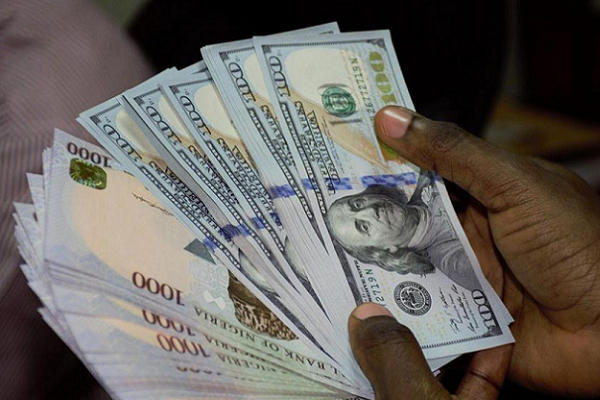In today’s globalized economy, tracking currency exchange rates is vital for businesses, travelers, and investors. Specifically, understanding the dollar to naira rate helps Nigerians and foreign stakeholders make informed financial decisions. This article delivers the latest updates, analyzes key influencing factors, and offers practical strategies to navigate market volatility.
Today’s Dollar to Naira Exchange Rate: June 10, 2025
As of today, the black market exchange rate shows significant activity. The buying rate is N1590 per dollar, while the selling rate is N1610. Bureau De Change (BDC) operators in major cities like Lagos, Abuja, and Kano report these figures. However, regional variations may occur due to localized demand and supply dynamics.
Understanding the Dollar to Naira Exchange Rate
The exchange rate reflects the value of one US dollar in Nigerian naira. Market forces, including economic policies and global events, determine this rate. Consequently, businesses importing goods or individuals traveling abroad must monitor fluctuations closely. These changes directly impact purchasing power and financial planning.
Key Factors Influencing the Exchange Rate
Several factors drive the dollar to naira rate. First, economic policies either attract or deter foreign investment, affecting currency strength. Second, political instability weakens investor confidence, leading to naira depreciation. Third, global events like recessions or conflicts disrupt currency markets. Additionally, high inflation, interest rate adjustments, and trade imbalances further influence the rate. Recently, FX scarcity and high demand have exacerbated the naira’s decline.
Latest Trends and Market Insights
The naira’s volatility stems from domestic and international pressures. For example, Nigeria’s reliance on imported petroleum products intensifies currency fluctuations. Meanwhile, limited official FX access forces many to rely on the black market. This trend highlights systemic challenges in Nigeria’s financial ecosystem.
Should There Be a Black Market?
Debates persist about the black market’s role. Critics argue it undermines economic stability, while supporters claim it fills gaps left by official channels. Experts recommend stricter BDC regulations and banking transparency to curb malpractice. Furthermore, reducing import dependency by boosting local production, such as refining petroleum domestically, could stabilize the naira long-term.
Tips for Managing Finances Amid Exchange Rate Fluctuations
To mitigate risks, adopt strategic financial practices. First, compare exchange services to secure competitive rates and low fees. Second, track market trends using reliable online tools. Third, diversify investments across currencies to hedge against losses. Finally, time transactions to capitalize on favorable rates.
Interesting Facts About US Currency
The US dollar has a rich history. For instance, the first paper currency emerged in 1862 during a coin shortage. Today, over $1.54 trillion circulates globally. The US prints about 38 million notes daily, worth $541 million. Interestingly, coins last roughly 25 years and consist of cost-effective materials like zinc.
Future Outlook
The naira’s trajectory hinges on global trends and domestic reforms. Addressing structural issues like import reliance and FX shortages is critical. Investing in agriculture and manufacturing can strengthen the economy. Therefore, policymakers must prioritize long-term solutions over short-term fixes.
Conclusion
Staying informed enables smarter financial decisions. By leveraging tools and adopting proactive strategies, individuals and businesses can navigate exchange rate volatility effectively. Follow Daily News 24 for ongoing insights into currency markets and their impact on Nigeria’s economy.







